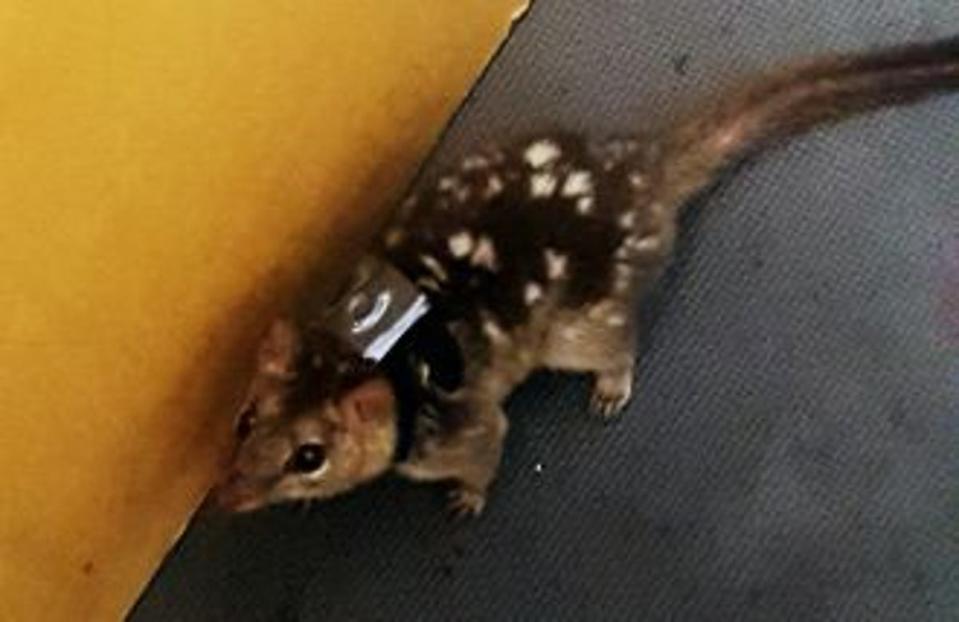‘Restless sex drive’ may be driving Australian marsupial towards extinction

A restless sex drive may be driving an Australian marsupial – roughly the size of a small cat – towards extinction, revealed a news study, the findings of which could help in better conservation practices for the species.
The Northern quoll is the largest-known mammal that invests all its energy into just one breeding season.
Previous studies have shown these marsupials mate themselves to death in one season and do not survive to breed again, while females of the species generally live and reproduce for up to four years.
However, until now, the cause of the males’ death has largely remained unclear, said scientists, including those from the University of the Sunshine Coast in Australia.
The research, published on Wednesday in the journal Royal Society Open Science, found that the males of the species may not be getting enough sleep, contributing to their post-breeding die-off.
“They cover large distances to mate as often as possible and it seems that their drive is so strong that they forgo sleeping to spend more time searching for females,” study co-author Christofer Clemente explained.
The male quolls lose weight, become aggressive and appear to be reckless when it comes to their survival.
“Something is definitely causing their health to fail after just one season and we think it is linked to sleep deprivation,” Dr Clemente said.
“The dangers of a lack of sleep are well documented in rodents, and many of the traits associated with sleep deprivation we see in male quolls, and not in females,” he added.

As the breeding season approaches, the male quolls “let themselves go” with respect to their appearance, spending less time grooming, according to scientists.
The conditions of these marsupials during this period declines with a notable increase in parasites, the study noted.
“Reduced resting behaviour among males could explain the post-breeding death as the deterioration in appearance reflects that reported for sleep-deprived rodents,” researchers wrote in the study.
“Male Northern quolls breed for one season, while females can breed for up to four, so this suggested that if no difference was detected in their daily behaviours that they perish due to an unexplored aspect of their physiology,” said Joshua Gaschk, another author of the study.
Instead, scientists discovered male and female quoll behaviours differed significantly in many ways.
They found the males spent less time sleeping and resting than females and also walked more, travelling much longer distances.
Citing an example, two males in the study named Moimoi and Cayless moved for over 10km and 9 km each in one night – an equivalent of around 35-40km in human distance based on average stride length.
The males also appeared to be more vigilant when it came to grooming, feeding and protecting themselves from predators, said scientists.
“Sleep deprivation, and associated symptoms for a prolonged duration would make recuperation impossible and could explain the causes of death recorded in the males after breeding season,” Mr Gaschk explained.
“They become easy prey, are unable to avoid vehicle collisions, or simply die from exhaustion,” he added.
Scientists called for further studies to provide more insights into the effect of sleep deprivation on quolls.
“We want to determine if sleep deprivation is experienced by other family members, such as opossums, antechinus (marsupial mice) and Tasmanian Devils,” Mr Gaschk said.
“If male Northern quolls forgo sleep to the detriment of their survival, [they] become an excellent model species for the effects of sleep deprivation on body function,” he added.

 Yahoo News
Yahoo News 
